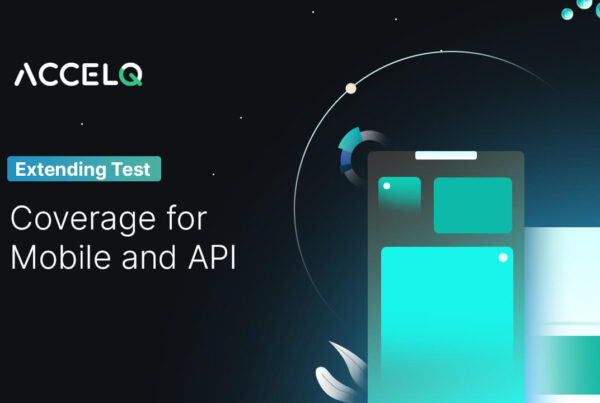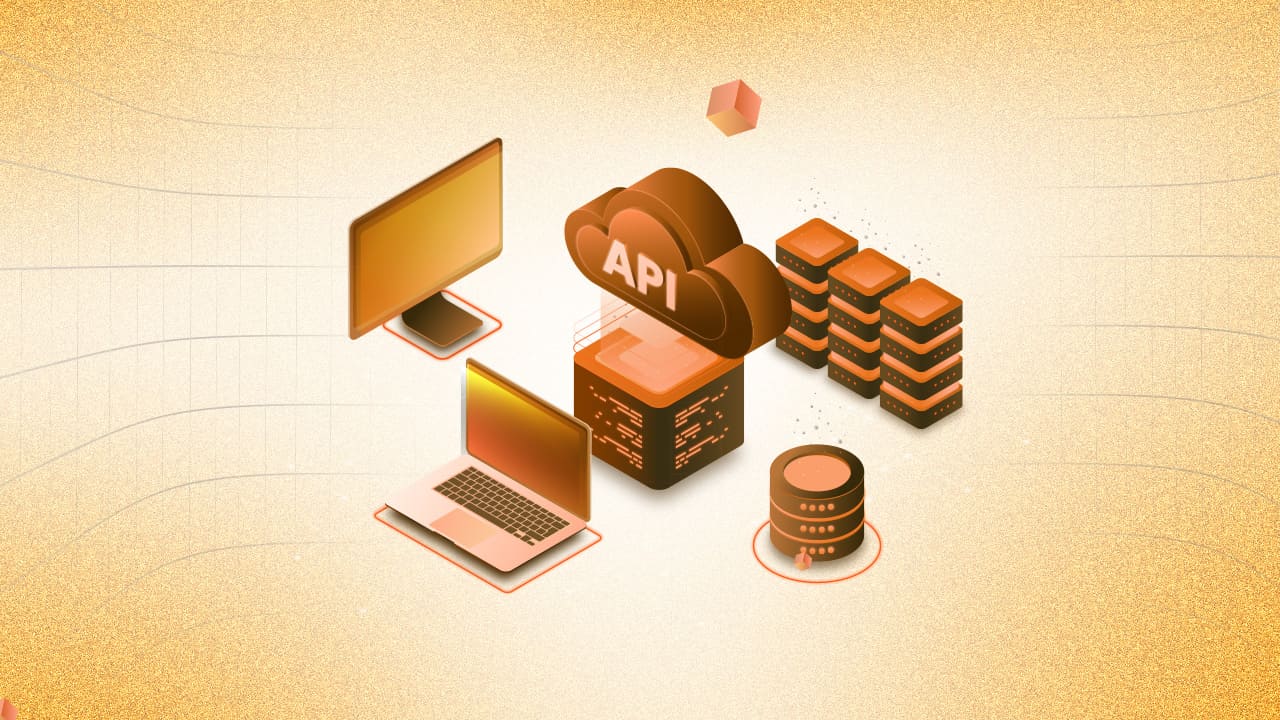A Deep Dive into API Contract Testing: Key Techniques

Miscommunication between services in an app or software can lead to major disruptions. APIs are the backbone of this communication. When they break, entire systems fail. This is where API contract testing becomes key to ensuring the smooth functioning of an app. It ensures that APIs follow pre-determined agreements between customers (users) and providers (developers).
Early validation of these contracts allows development teams to avoid significant integration problems. Without it, teams risk failures, delays, and frustrating reworks—all of which could be avoided with a robust API contract testing process.
Let's take a deep dive into API contract testing, including its significance, popular techniques, and best practices for optimally leveraging it.
What is API Contract Testing?
API contract testing goes beyond standard functional testing by focusing on the long-term compatibility of services. Contract testing ensures that the contract between two services includes defining request formats, desired responses, and rules, whereas functional testing checks whether an API performs a specific function.
Contract testing makes sure that communication between various services is reliable and consistent. In contrast, functional testing confirms that, even when updates or modifications are made, each service operates as specified in the contract.
API contract testing becomes crucial when APIs are updated, as it helps ensure that new changes don’t break existing functionality. It safeguards the stability of inter-service communication, making it a valuable tool for microservices architectures and external APIs.
Why is API Contract Testing Important?
Detects breaking changes early
One of the primary benefits of API contract testing is that it aids in detecting breaking changes early. This is particularly critical in fast-paced development environments where APIs change regularly. For example, suppose a development team changes the format of a response in one service.
In that case, contract testing will immediately flag this, ensuring other services that depend on the API won’t suddenly break due to unexpected changes.
Drives Collaboration
It also improves collaboration among the development, QA, and operations teams. For example, contract testing ensures that new features or API updates don’t disrupt the CI/CD (Continuous Integration/Continuous Deployment) pipeline in a DevOps setup. Validating service interactions in the early stages helps different teams stay aligned, reducing the likelihood of integration issues at later stages.
Reduces downtime
API contract testing can reduce downtime caused by mismatches between API versions, providing peace of mind that services can integrate without issues during production releases. Imagine a production failure caused by a mismatched API version during a critical release. Without API contract testing, such issues often go unnoticed until deployment, leading to significant downtime and firefighting.
API Contract Testing Example
API Contract Testing Techniques
| Technique | Description | Example |
|---|---|---|
| Schema Validation | Verifies that the API request/response structure matches the predefined contract. | A GET request to /users returns a list of users with fields like id and name. |
| Consumer-Driven Contract Testing | Consumers define their expectations, and providers ensure the API conforms. | A shopping app defines that a payment API must return status with order details. |
| Provider-Driven Contract Testing | Providers define the contract, and consumers align their implementation to it. | A weather service (provider) specifies that a GET request to /weather must return temperature in Celsius. |
| Mock Servers | Simulates the provider’s API, allowing consumers to test against a mock API. | A team building a frontend UI tests interactions with a mock payment gateway, ensuring API expectations are met. |
Role of API Contract Testing in Test Automation
API contract testing helps streamline and enhance the accuracy of automated tests in several ways:
- Defining Expectations: Contract testing acts as a reference point for test automation frameworks by providing clear definitions of what an API is expected to do. It ensures that both API consumers (test cases) and API providers (code) work from the same contract.
- Early Detection of Issues: Automated contract tests run continuously and detect deviations in the API’s structure or behavior early in development. This reduces the risk of broken integrations or failures during later testing phases, such as integration or end-to-end tests.
- Automation of Testing Workflows: By integrating contract tests into CI/CD pipelines, teams can automate the validation of API changes whenever code is pushed. This ensures that breaking changes are detected automatically before they impact production.
Impact of API Contract Testing on Test Automation
- Faster Feedback Loops: Contract tests are lightweight and typically faster to execute than functional or integration tests. This leads to quicker feedback in the automated testing cycle, allowing developers to address issues immediately.
- Reduced Maintenance Costs: API contracts clearly define expectations, making automation tests easier to maintain. Automated tests are less likely to break with minor API changes as long as the contract remains valid.
- Enhanced Test Coverage: Contract testing provides a foundational layer of validation, ensuring that all services adhere to the contract. This supports other automated tests, such as functional or performance tests, leading to more comprehensive test coverage.
- Shift-Left Testing: API contract testing provides early-stage automated testing in the SDLC, commonly referred to as shift-left testing. Developers and testers can automate contract tests before integration testing, resulting in fewer late-stage issues and integration issues.
Best Practices in API Contract Testing
- Establish Clear API Contracts: Before initiating contract testing, ensure that both consumers and providers agree on the contract’s structure. Clearly defined contracts reduce confusion and improve the testing process.
- Regularly Test Contracts: Run contract testing regularly to detect any breaking changes as quickly as possible. Automating these tests in your CI/CD workflows can save time and lessen the risk of errors.
- Maintain Version Control for APIs: API versioning is vital for ensuring backward compatibility. By regulating versions and testing against multiple API versions, you ensure that changes do not adversely affect existing customers.
Conclusion
API contract testing is crucial for securing the stability and reliability of services interconnected with an application. Contract testing sets the standards for communication between service providers and consumers, but yes, that too is much needed and must be followed by team members to prevent failed integrations of pieces from getting together, which might be expensive in terms of downtime affecting user experience.
Adding API contract testing to the CI/CD pipeline also means teams can catch problems earlier, giving them a cost-effective opportunity to fix mistakes before they are propagated downstream and disrupt production environments.
As software systems continue to become more complex, API contract testing is an essential practice. ACCELQ, for example, centralizes its contract testing within an all-encompassing automated ecosystem complete with requisite coding structures. This allows the teams to work better together and cuts down on wasted time. Developers and the QA teams can develop trustworthy, future-proof APIs by using established strategies and best practices. To learn more about ACCELQ, click here.
Prashanth Punnam
Sr. Technical Content Writer
With over 8 years of experience transforming complex technical concepts into engaging and accessible content. Skilled in creating high-impact articles, user manuals, whitepapers, and case studies, he builds brand authority and captivates diverse audiences while ensuring technical accuracy and clarity.
Discover More
 Extending Test Coverage for Mobile and API
Extending Test Coverage for Mobile and API
Extending Test Coverage for Mobile and API
 Accelerate your Testing with ACCELQ
Accelerate your Testing with ACCELQ

































